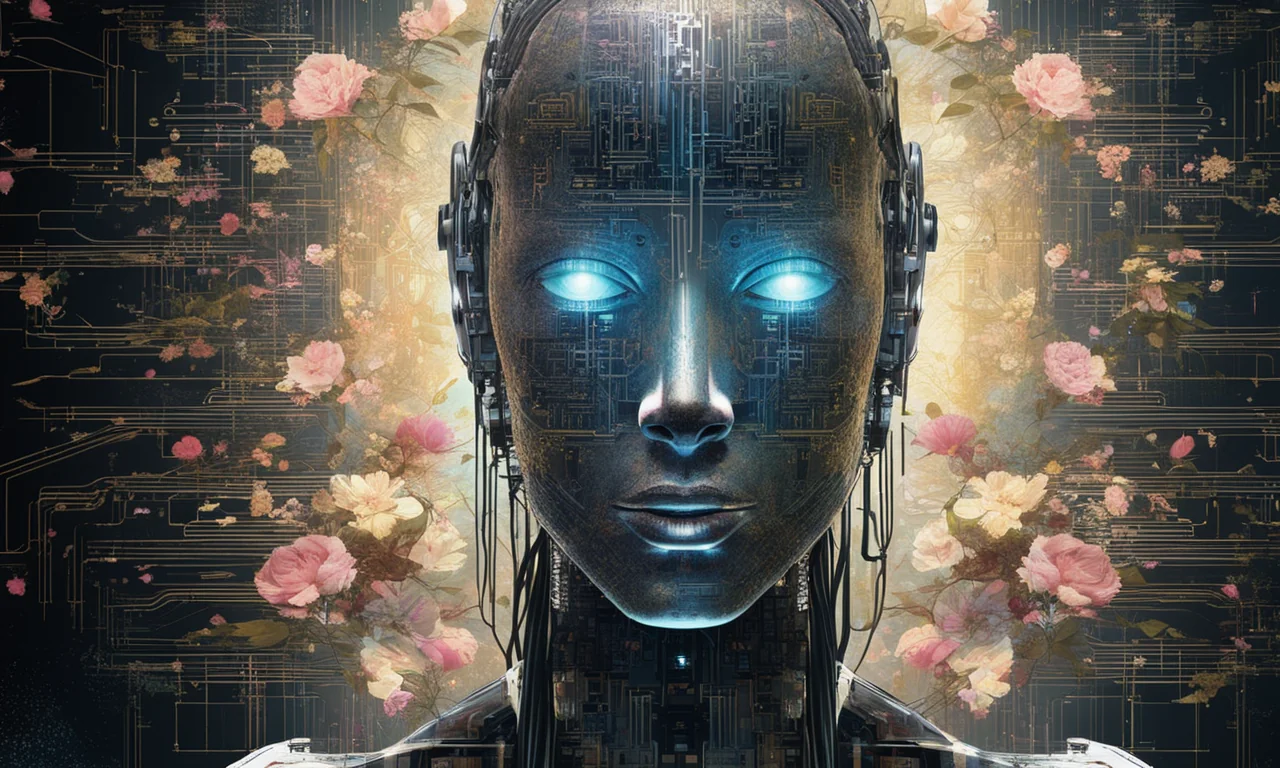
Educators Demand Safeguards as AI Tools Expand in Classrooms
The rapid growth of artificial intelligence in education and creative sectors sparks calls for ethical oversight and transparency.
Today's Bluesky conversations on artificial intelligence reveal a dynamic tension between optimism for creative applications and mounting skepticism about its readiness for critical roles. As AI continues to permeate education, creativity, science fiction, and daily life, communities are increasingly demanding rigorous scrutiny, ethical considerations, and greater transparency in how these systems are deployed.
AI in Education: Promise Meets Caution
Educators are navigating the influx of AI tools, as highlighted by the launch of “Everyday Teaching with AI” by Lydia Alden, which aims to guide teachers in creatively and responsibly integrating AI into classrooms. This push for practical resources is echoed by broader calls for critical evaluation: recent research indicates that AI-generated lesson plans often lack inspiration and fail to foster higher-order thinking, underlining the need for professional development and cautious implementation.
"That looks like a practical trail map for teachers using AI. Curious how it handles equity and student privacy, those feel like the steep switchbacks on the trail."- @danielvross.bsky.social (0 points)
This skepticism is further amplified by concerns over untested AI adoption in sensitive sectors such as healthcare, courts, and public schools, expressed in the post discussing the rapid rollout of AI without sufficient safeguards. The prevailing sentiment advocates for deliberate integration, demanding robust safeguards and thorough training before AI is entrusted with industry-critical decisions.
"It's definitely not industry ready. We need lots of safeguards and training before it should be trusted."- @traqplan.bsky.social (1 point)
Defining and Challenging AI Capabilities
Bluesky users are probing the limitations and evolving definitions of AI, particularly in creative and intellectual contexts. A notable critique arises in the discussion about AI-generated art, where inaccurate outputs prompt reflection on the boundaries of machine creativity versus human expertise. Meanwhile, posts like philosophy-themed debates spotlight the shifting meaning of “AI,” as large language models (LLMs) increasingly stand in for broader artificial intelligence, risking dilution of the term and confusion about capability.
"LLM's are presented as AI. And it's possible for the definition of a word to shift, such that a 'dumbing down' of the term AI occurs."- @1truth.bsky.social (0 points)
Concerns about “AI creep” and the unintended consequences of technological advances are articulated in the provocative reflection on a ‘golden age of stupidity', as well as in the philosophical and ethical conversations surrounding AI's role in creative education. Across these posts, the community calls for a more nuanced understanding of both the risks and the creative opportunities presented by AI's expanding footprint.
AI Hallucinations, Creativity, and the Future of Storytelling
The challenge of AI hallucinations—where models produce plausible but false information—emerges as a key theme in the analysis of why these errors occur. While traditionally seen as flaws, some experts propose that hallucinations may actually be features, driving creativity and necessitating better user interfaces to distinguish between fact and imagination.
"Looks super slick, love seeing how AI and storytelling are colliding more and more lately!"- @andersedwards.bsky.social (0 points)
This creative tension is vividly illustrated by the development of ANDIES and its companion post ANDIES (2026), an ambitious science fiction IP that leverages AI for video and audio production. These experimental projects showcase how AI tools are actively shaping new narrative forms, even as their outputs remain open to refinement and critique.
Excellence through editorial scrutiny across all communities. - Tessa J. Grover